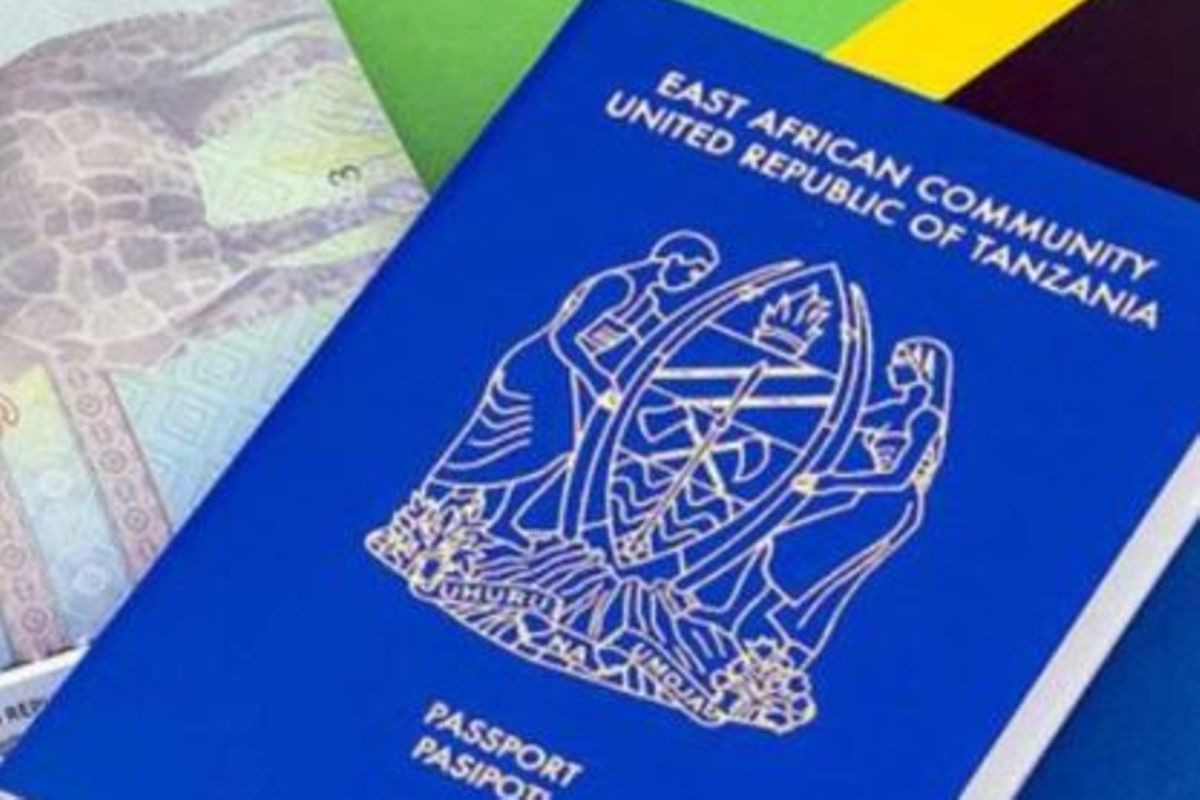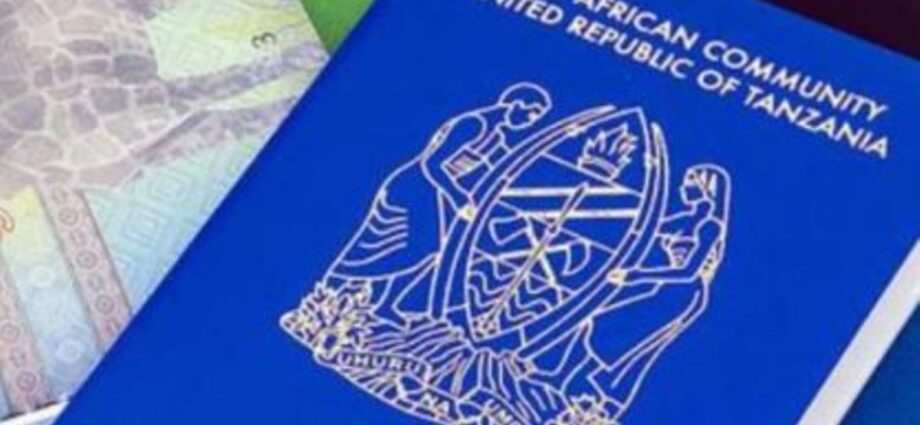
Tanzania is one of a handful of African countries that fully restricts dual citizenship.
However, two months ago, the government “proposed amendments to its law so as to introduce a ‘special status’ to citizens of other countries with Tanzanian roots” (The Citizen, November 11, 2024).
The main motivation behind that proposed bill, if not the only one, is to attract investment from, and economic engagement by, the diaspora.
To fully achieve that goal, short of allowing dual citizenship, the proposed bill needs improvement.
The bill focuses on Tanzanians who have lost their Tanzanian citizenship after acquiring citizenship of other countries.
If the proposed bill is approved, those former Tanzanian citizens who apply and receive special status would be granted the right to (a) enter Tanzania without a visa, (b) own property and engage in social and economic activities in Tanzania without a citizenship requirement, (c) apply for some form of a special status for their spouses and children, and (d) bequeath their property to their descendants.
When granted, the special status is good for only 10 years, but renewable.
While the special status is better than nothing, there are two main ways the proposed bill can be improved. First, make the special status lifelong.
Second, don’t require Tanzanians abroad first to lose their Tanzanian citizenship before their spouses and children who are not Tanzanians can be eligible for some special status.
A special status that is not permanent creates an element of uncertainty which would make potential investors refrain from long-term investments.
Ironically, the special status would allow one to lease land for up to 33 years, but their special status, each time it is granted, would only be for 10 years.
The fact that the special status is renewable is not necessarily very reassuring.
One must keep in mind that decisions on such renewal applications may not depend only on the facts presented by the applicants, but also on the political climate in the country at the time of application.
It would be naïve for someone who was granted special status to assume that renewal, after 10 years, would be automatic just because they met some specific stated criteria.
People will, therefore, be cautious and engage only in short-term investment projects that would not suffer too much in the way of losses should they not be granted renewal of the special status.
If part of the reason for not making special status permanent is the potential government revenue that would be generated through repeated application fees, it is better to have a high, one-time application fee, instead.
The proposed bill is oblivious to Tanzanians in the diaspora who may have taken permanent residence in other countries, but have remained Tanzanian citizens.
According to the proposed bill, if those individuals would like their spouses and children, who are not Tanzanians, to have “special status” and acquire inheritance in Tanzania, they must first lose their Tanzanian citizenship.
For nationalistic or other reasons, some Tanzanians in the diaspora may not want to lose their citizenship.
However, they may want their immediate family members to have easy entry into Tanzania and have the right to own property and engage fully in social and economic activities.
Given what the bill is already proposing, it is only logical and fair that this category of family members also be given the opportunity to have special status.
The proposed bill is long overdue and it is a move in the right direction. But it can be improved to achieve its objectives more fully and to be fair.














